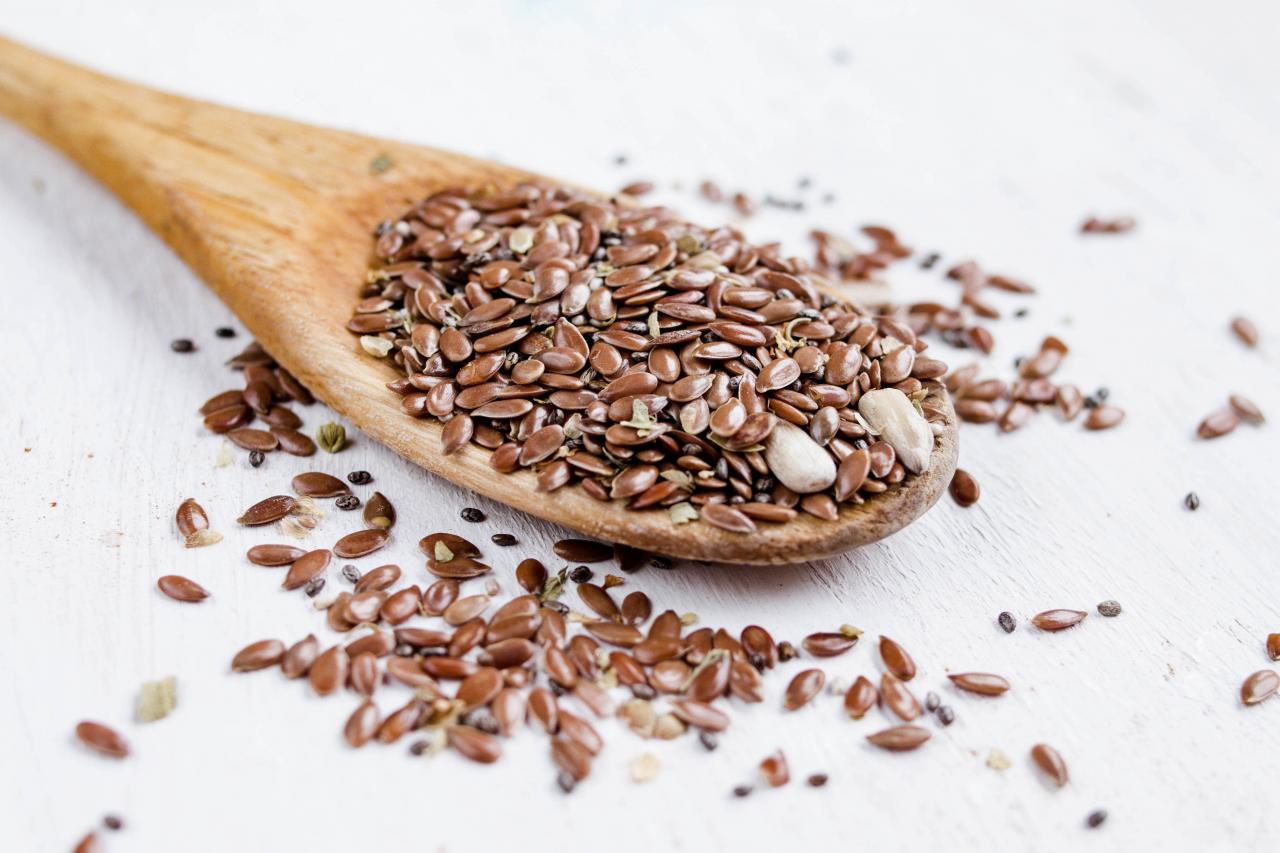 MonkeyBusiness Images/PhotoSpin
MonkeyBusiness Images/PhotoSpin
The cause of disease in our bodies is often silent. It creeps up on us slowly over time, like a smoldering fire that burns unnoticed till one day we wake up with an illness.
This is true for most chronic diseases like diabetes, high blood pressure, high cholesterol or heart disease. It also true for many other diseases like autoimmune conditions, hormonal imbalances, gastrointestinal diseases, and just about anything that is ends in “itis.”
Medical research has begun to ask questions about what the common underlying causes are of all these problems that create disease in our bodies. And research is looking into what types of tests we can use to find them and measure them.
Chronic inflammation, more accurately known as low-grade or systemic inflammation, is becoming a topic of research to answer questions about the common underlying cause of disease.
Chronic inflammation is different from the normal or acute, or short-lived, inflammation that occurs when we have a bruise or cut. In acute inflammation our bodies find the bruise or cut, send chemicals into the area, heal the problem, and then our body goes back to its normal processing.
Chronic inflammation is different because the body is not able to shut off the immune response and it continues at a low level, like a fire that is at a smoldering burn for much too long. Over time, this smoldering flame can ignite into a major problem or chronic disease.
This is when you go to the doctor and you are given the diagnoses of diabetes or high cholesterol, when you thought everything was fine. Perhaps you were not feeling well or you have been having symptoms, but you still are surprised by your diagnosis and you don’t know how to solve this unexpected problem.
There is no standard treatment for chronic inflammation at this time. There does seem to be a benefit to modifying your eating habits toward an anti-inflammatory diet. This would include eating fruits and vegetables, healthy fats, small portions of nuts, eating fish and consuming very little red meat.
One of the markers for chronic inflammation that can be measured by a simple blood test is homocysteine. This is often measured only in people that have a history or heart disease, but you can request it as part of your normal check up from your doctor.
A normal homocysteine level is found between 4.4 and 10.8 micromoles per liter of blood.
If yours is higher, this can be a marker of inflammation and can contribute to a host of diseases beyond heart disease. There is an increased risk of Alzheimer’s disease for people with high homocysteine levels, as well.
Living healthy is more than just a cool thing to do. It is a way of life that has positive impact because you don’t end up getting sick over time.
Live Vibrantly,
Dr. Dae
Dr. Dae's website: www.healthydaes.com
Dr. Dae's book: Daelicious! Recipes for Vibrant Living can be purchased @ www.healthydaes.com
Dr. Dae's Bio:
Dr. Daemon Jones is your diabetes reversal, hormones, metabolism and weight loss expert. Dr. Dae is a naturopathic doctor who treats patients all over the country using Skype and phone visits. Visit her or schedule a free consultation at her website www.HealthyDaes.com
Sources:
"Buzzed on inflammation." : From the Editors: Mayo Clinic Health Letter. N.p., n.d. Web. 16 Sept. 2014.
http://healthletter.mayoclinic.com/editorial/editorial.cfm/i/163/t/Buzzed%20on%20inflammation
"Condition Care Guide." Elevated Homocysteine. N.p., n.d. Web. 16 Sept. 2014.
http://www.drweil.com/drw/u/ART03423/Elevated-Homocysteine.html
"Effect of Lowering of Homocysteine Levels on Inflammatory Markers." JAMA Network. N.p., n.d. Web. 16 Sept. 2014.
http://archinte.jamanetwork.com/article.aspx?articleid=486617
"Homocysteine and markers of inflammation in acute coronary syndrome
." National Center for Biotechnology Information. U.S. National Library of Medicine, n.d. Web. 16 Sept. 2014.
http://www.ncbi.nlm.nih.gov/pubmed/20631860
Reviewed September 17, 2014
by Michele Blacksberg RN
Edited by Jody Smith
Key Words: Chronic inflammation, diabetes, high blood pressure, high cholesterol, heart disease, low-grade inflammation, systemic inflammation






Add a CommentComments
There are no comments yet. Be the first one and get the conversation started!